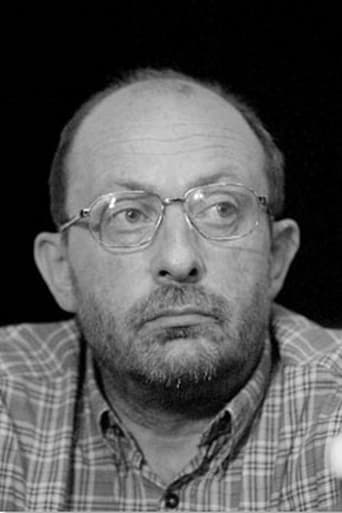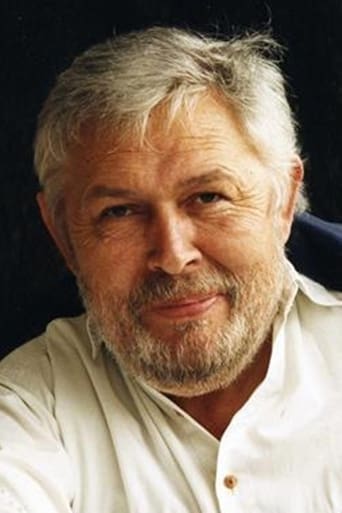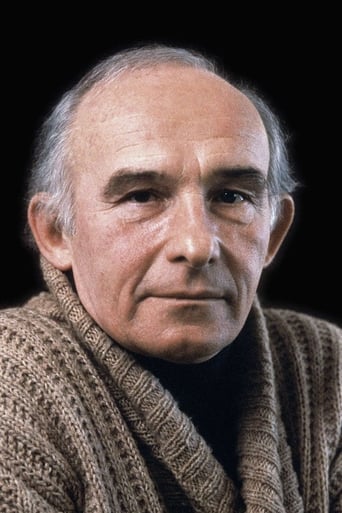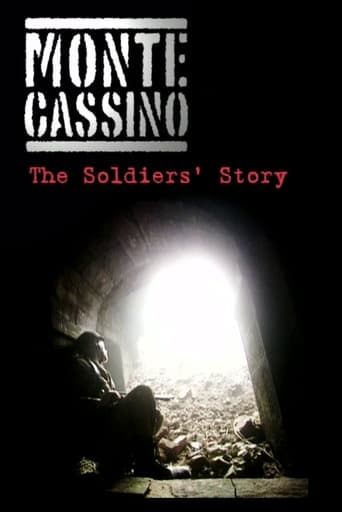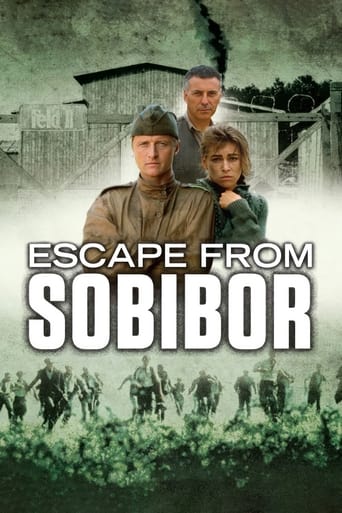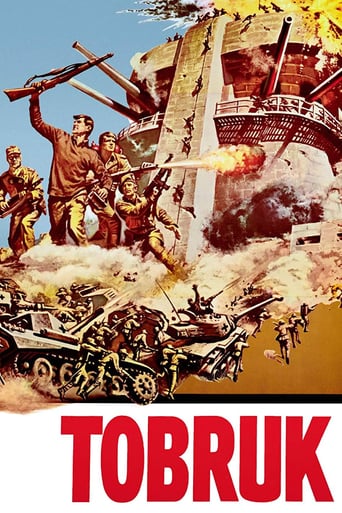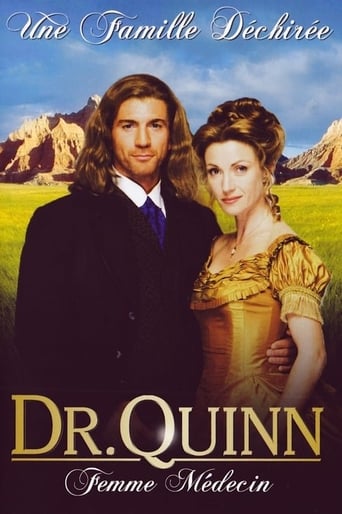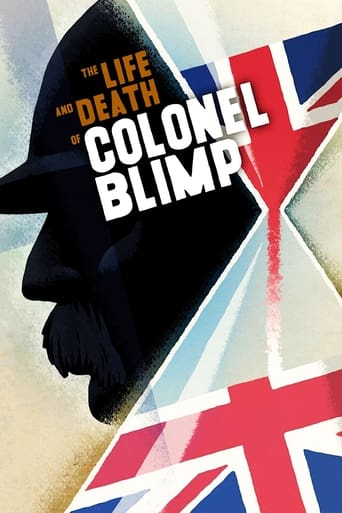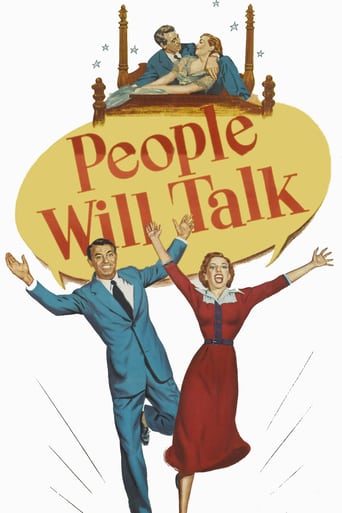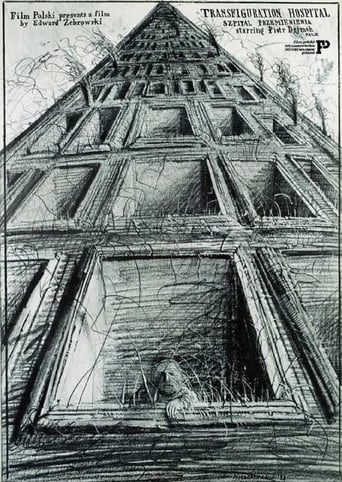
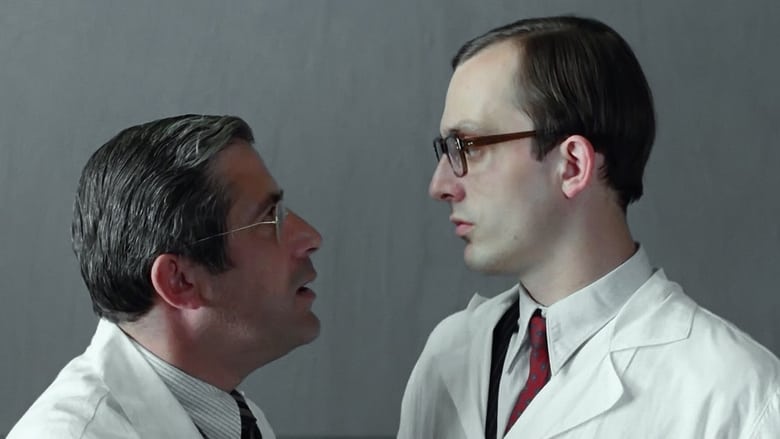
Hospital of the Transfiguration (1979)
The film is set toward the beginning of World War II, at a psychiatric hospital in the country. But this is an unusual hospital: there are several incurable schizophrenic cases, staff is bit strange and a writer has voluntarily entered the clinic because he is "peculiar" and a drug addict. Then, the occupying forces arrive...
Watch Trailer
Cast
Similar titles

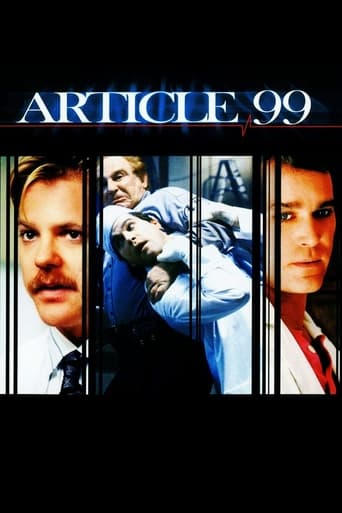
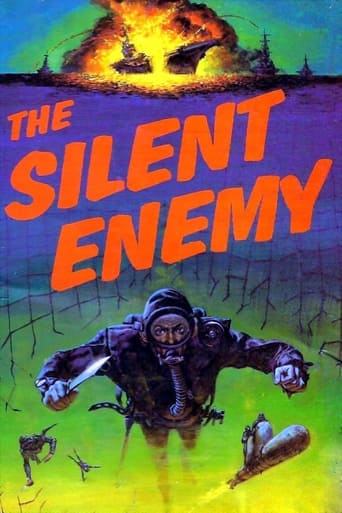
Reviews
A lot more amusing than I thought it would be.
It's easily one of the freshest, sharpest and most enjoyable films of this year.
True to its essence, the characters remain on the same line and manage to entertain the viewer, each highlighting their own distinctive qualities or touches.
This is a dark and sometimes deeply uncomfortable drama
I have watched 'Szpital Przemienienia' several times. It is an amazing work of cinema art. An asylum - a microcosm of the world with its cruelty and rare moments of charity is about to be destroyed. Outstanding actors' work. Eerie, sinister scenery of the hospital wards and the woods surrounding the asylum. The haunting music and sounds tell the story as well as human voices and faces.
This is undoubtedly one of the most profound and brilliant Polish films, directed by the acclaimed filmmaker Edward Zebrowski (1935-2014) and based on a novel by a survivor of the Holocaust, Stanislaw Lem (1921-2006). It is, first of all, a deeply moving and terrifying portrayal of the cruel and absurd world of a mental hospital. Merciless in its depiction of the psychiatric staff and their methods, this much too little known film can be rightly seen as a crushing indictment of authoritarian psychiatry and compared to "One Flew Over the Cuckoo's Nest". The scene where a young doctor openly denounces the methods of his colleagues and questions the very concept of mental illness is strikingly reminiscent of the writings of (among others) Erving Goffman and Thomas Szasz.Not less importantly, this film - possibly uniquely in the history of world cinema - offers a haunting and blood-curdling vision of the Nazi genocide of psychiatric patients. At the same time, it provides an unrivalled image of the degradation and later extermination of a large part of the Polish intelligentsia by Nazi Germany.
The Lem's novel has nothing to do with this movie. It is a deeply philosophical piece even surprising for a young man he was while writing this novel. Of course, a person such as Lem matures quickly during the war. I agree that the movie is dull - too bad it's come to be closely associated with the novel by many people who either don't read much or don't have access to a good translation. Contrary to the movie, the mental ward and its patients in the novel are not the main topic - it is an illustration to the madness of the humanity in general. The novel might be considered as a dialog of the author with himself, which is typical for Lem: his characters are often imbued with his own personality.
This film was recently shown at the city of Zürich's very own studio cinema and I watched it more for its curiosity value than for anything else. For that, it's definitely worth while, doubly so for anyone with an interest in psychiatry. It's based on Lem's first novel, which he apparently wrote while still a medical research assistant. Though based on a much older book and ostensibly taking place in World War Two, the movie struck me as oddly Seventies, horn-rimmed glasses, idealism and all. It chronicles the experiences of a young doctor starting out in a mental hospital. (Or should I say "asylum"? An almost unbearably inert place. Don't expect E.R. or Wonderland.) Both the patients and the doctors in this crazy world are little more than stereotypes, if sometimes interesting ones - the brilliant but ruthless scientist, the visionary mad composer ("do you hear voices?" - "of course!"), the writer revered as a genius who insists on a right to identity (and madness?), the film's token female, a kind-hearted Jewish emigrée doctor, the engineer fed up with the absurdity of being asked his name over and over again when he knows perfectly well he suffers from memory loss, the arrogant Nazi follower who diagnoses said engineer - wrongly - with schizophrenia, a misdiagnosis so blatant no medical student in the audience will fail to groan, and that our young hero soon puts right. Interestingly, they never use an ophthalmoscope on the poor man until well after the suspicion of a "neoplasma malignum" is voiced. (Too bad this patient hasn't forgotten his Latin.) In the predictable end, the Nazis march in and wreak havoc. This movie has some good scenes, both comic and gruesome (the grave-digging scenes near the end gave me the shivers) and no doubt it's a valuable period piece, but... is the book as one-dimensional, I wonder? If you're interested in historic hospital dramas, read Solzhenitsyn's "Cancer Ward". A truly fine novel, a whale of a book and one of my all-time favourites. Heck, I don't even know if it's ever been filmed.
